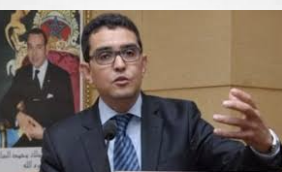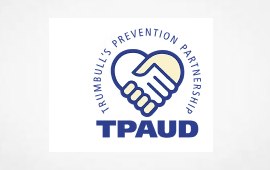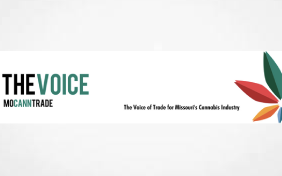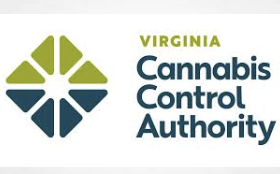During the annual board meeting of the National Agency for the Regulation of Cannabis Activities (ANRAC), held in Rabat, ANRAC director general Mohamed El Guerrouj presented the sector’s impressive performance.
“In 2024, approximately 4,000 tons of cannabis were produced over an area of 2,169 hectares,” he stated, highlighting the sector’s substantial growth.
The most noteworthy achievement, however, was the absence of any regulatory non-compliance.
“No infractions related to non-compliance were recorded,” he added, emphasising the effectiveness of the regulatory framework.
This progress reflects a strengthened collaboration with various stakeholders.
El Guerrouj underlined the critical role of local authorities, relevant ministries, and governmental institutions in ensuring adherence to the legislation, a key foundation for transparency and industry rigor.
The agency has also implemented support mechanisms for farmers and sector operators to help them meet the stringent production and distribution standards.
The sector’s evolution is further demonstrated by licensing figures.
In 2024, 3,371 licenses were granted out of 4,158 applications, reflecting an approval rate of nearly 81%.
Of these, 3,056 permits were issued to 2,907 farmers for cannabis cultivation and production – a significant leap from the 430 licenses issued in 2023.
Additionally, 315 licenses were granted to 158 sector operators.
These numbers signal significant growth, opening up substantial economic opportunities for rural communities and private sector players.
The benefits of this growth are both national and international.
Economically, the regulation aims to create sustainable jobs and improve farmers’ incomes while integrating the private sector into a broader, structured, and competitive market.
This approach aligns with Morocco’s broader goal of becoming a global leader in the legal cannabis industry, balancing regulatory rigor with economic development.
ANRAC has already outlined ambitious measures for 2025.
The upcoming year will focus on strengthening the legislative framework and implementing new monitoring measures to enhance product traceability.
Particular emphasis will be placed on the competitiveness of the national market to attract foreign investment and boost exports.
“We will intensify our efforts to further formalize the cannabis industry, consolidate legal foundations, and support local stakeholders in their development,” El Guerrouj affirmed.
This progressive regulation strategy aims to position Morocco as a model for cannabis governance in a rapidly evolving global sector.
By strictly and transparently regulating the cannabis industry, the kingdom hopes to boost its economy while establishing a sustainable and exemplary governance model for other nations across the continent and beyond.
Through these bold measures, Morocco underscores its commitment to a thoughtful and ambitious regulatory policy.
As the global cannabis market evolves with new standards, the country is emerging as a central player, leveraging rigorous legislation and a rapidly growing economic sector.

















